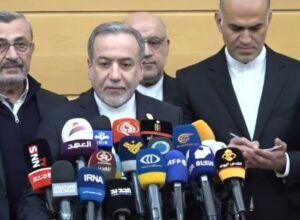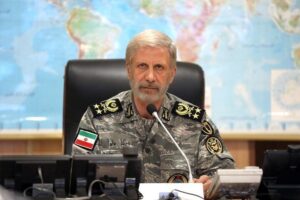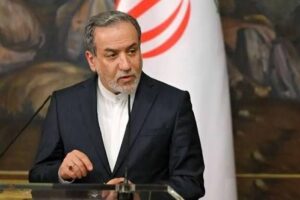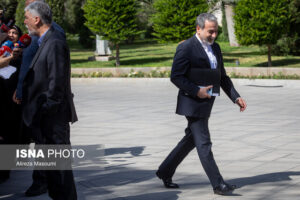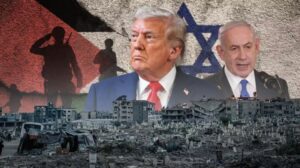“It is very encouraging to witness Iran’s declaration of remaining a member of the Non-Proliferation Treaty (NPT),” Grossi said, adding that Iran has expressed its concerns, and we – as an international organization – have the duty to find solutions and strategies to address these concerns.
The IAEA chief added, “We have reached a technical document with Iran that concerns notifications about inspections and how to carry them out.”
Iran and the IAEA reached a deal on Wednesday following the visit of Iran’s Foreign Minister, Abbas Araghchi, to Egypt, where his Egyptian counterpart, Badr Abdelatty, played an important role as a mediator between the two parties.
Araghchi hailed Egypt’s constructive role in achieving such an agreement with the IAEA.
Iran had earlier announced the suspension of cooperation with the IAEA following attacks by the U.S. and Israel on its peaceful nuclear facilities. Tehran has consistently declared that its nuclear activities are peaceful and that the country is not pursuing a nuclear bomb.
The IAEA has never found any evidence indicating that Iran aims to build a nuclear weapon. However, Israel and the U.S. attacked Iran’s peaceful nuclear facilities, in a flagrant violation of international law.

